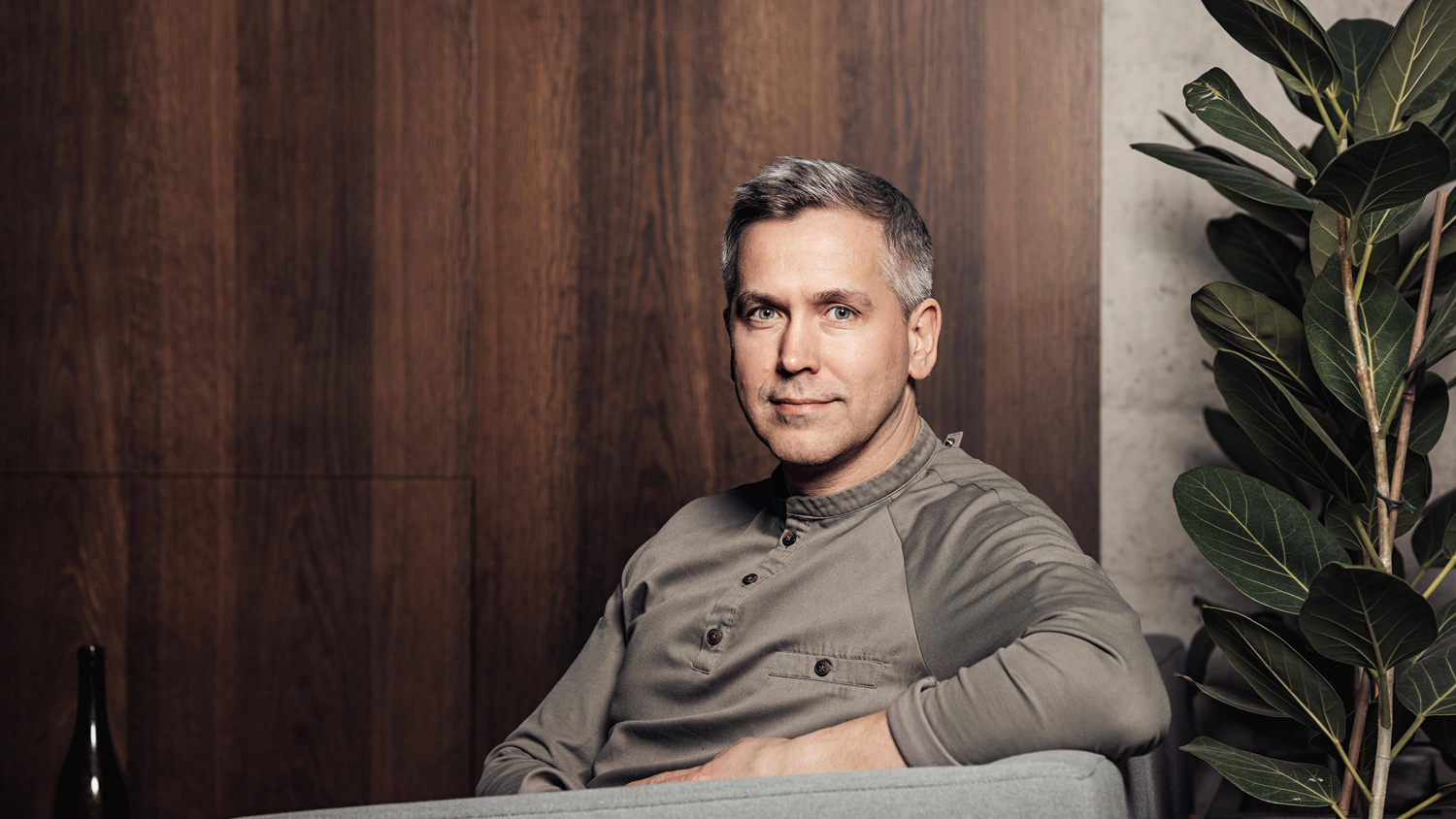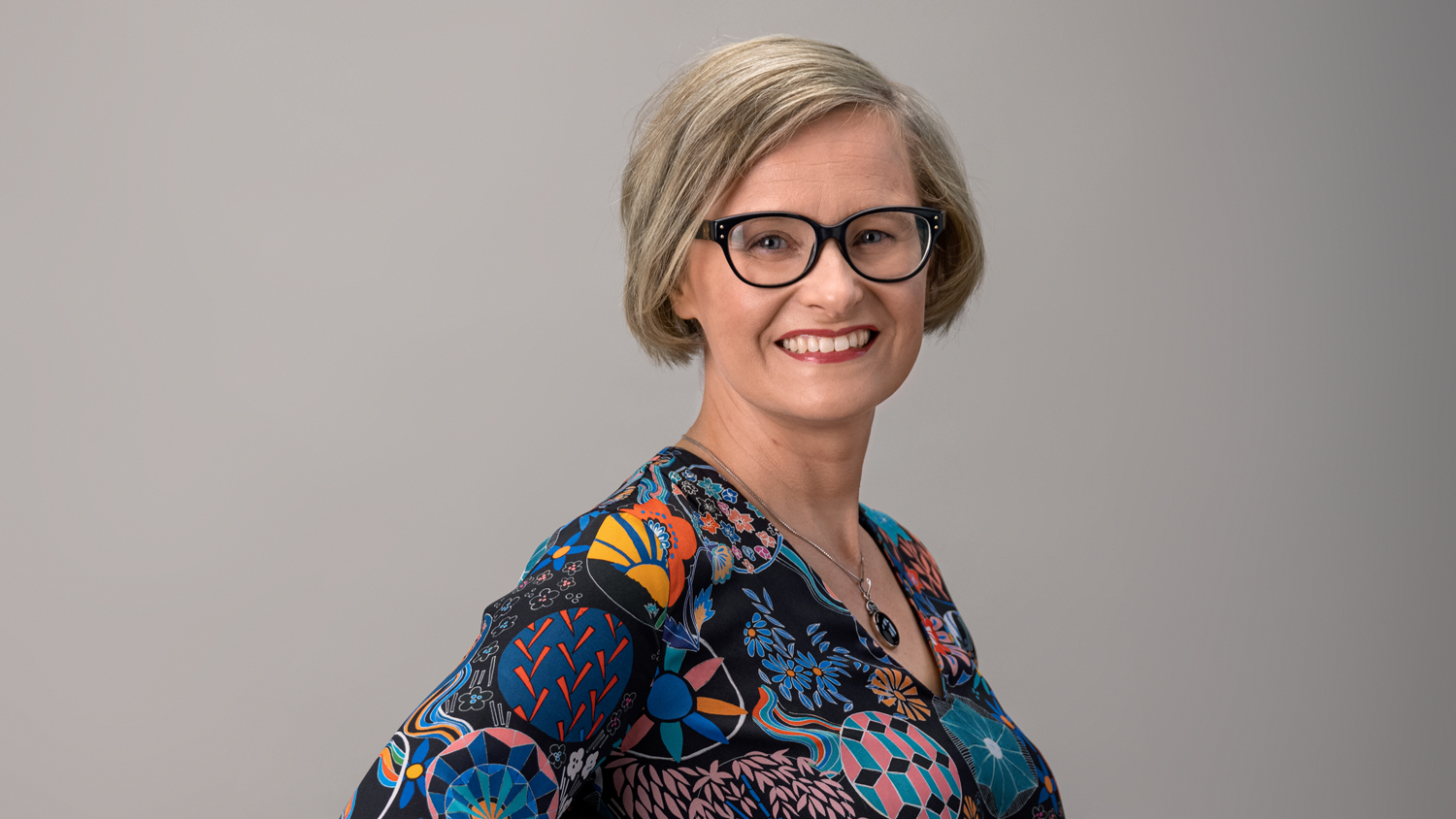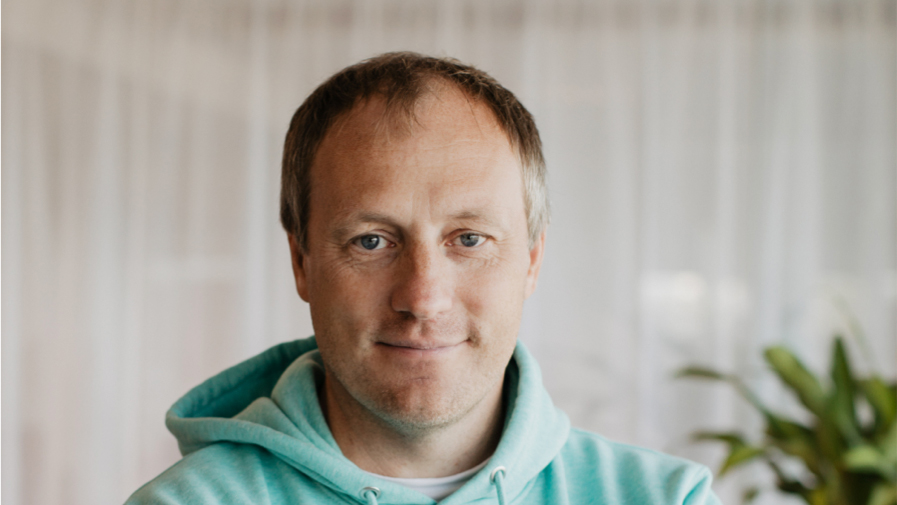Top chef Peeter Pihel is a co-founder of Fotografiska Tallinn and the architect of their zero-waste cooking concept. Previously, he has worked with several highly acclaimed restaurants, both in Estonia and abroad.
We meet at the Fotografiska café. Fotografiska Tallinn, located in the Telliskivi Creative City, is like a hub that offers art, culture, and food experiences. However, the journey that began four years ago hasn’t always been easy. Peeter and I will talk more about the sustainable and enjoyable food concept and delve deeper into the topic of sustainability.
What sustainable innovations will be seen in the food industry in the near future?
Insect protein was introduced some time ago, and it was even incorporated into bread, but it didn’t gain widespread acceptance. However, there is a growing recognition of the need for alternative protein sources. Often, significant changes are only pursued when there is a pressing need.
Another potential sustainable innovation is the establishment of seaweed farms in the sea. Seaweeds are highly nutritious. Here, the cleanliness of the sea and the location and scale of implementation are important factors. Seaweed farms are still a relatively unknown area, and we don’t know what their ecological footprint is.
ÄIO, a local company, produces various oils from by-products of the wood and food industries. Palm oil production is highly resource-intensive and has a significant impact on the environment, with heavy usage in Africa and Asia. ÄIO showed how oil is made from wood mass can be used in food preparation.
Regarding innovations in our establishment (Fotografiska – editor’s note), we have been considering for a while whether our menu should become fully plant-based. On one hand, we want to be a functioning business, pay our taxes and do everything correctly. On the other hand, we are advocates of sustainable food preparation. We have extensively discussed this matter, but we have not made a decision yet.
How does your clientele respond to the plant-based direction?
It’s a mix of reactions. Looking at what and how much we sell, vegan and plant-based options are available, but they are still in the minority. If we create an uncomfortable situation with only plant-based choices – will we survive? Large restaurants, such as Geranium in Copenhagen, and a few others, have declared themselves fully plant-based. Their scale of operation is entirely different though. They have to do 40 covers per night, three days a week, and in Copenhagen, which is the international food mecca with excellent flight connections where people travel from all over the world. However, we are in Tallinn, and considering the local context, like October or February, this decision is not easy.
At this point, I would praise our guests and people’s mindset because four years ago, we received a lot of criticism for not offering “normal” food like sushi and Caesar salad, etc. Today, I am pleased to say that our chosen direction was right, and people understand and appreciate what we do. It requires a lot of explaining, it takes time. However, climate processes are on the brink, and the weather in old Europe this summer may have made people think more. If we don’t pull ourselves together, this is the new reality.
What are the biggest challenges of zero-waste food preparation?
The number one challenge is packaging, as a significant amount of waste is generated from it. While we diligently sort waste, the issue lies in waste management. As a business owner, it would be easier and cheaper for me to throw everything in one place and not store five or six bins in a large waste room and pay more for it. One of the most problematic types of packaging is polystyrene fish boxes, which are outdated. Why are we still using them when there are better alternatives available? After our laws reached the point of banning single-use tableware at public events, the next step could be to address waste and waste management at the national level. Each local government operates within its own limits and often not in the most sensible manner.
Making changes is very difficult for people. In Telliskivi, there will be a large conference in the fall, and all food establishments must prepare a plant-based menu for the occasion and reconsider their packaging, etc. Many worry that it will be expensive and wonder if it is necessary for Telliskivi to impose this. But, you’re not doing it just for Telliskivi. It is somewhat strange to hear this in 2023 still, but some people so live in a different information sphere.
A bigger and more cheerful news is that we have a composter in cooperation with Nutriloop in the house, where we produce pre-compost. During the day, we collect waste that we cannot or do not know how to use, and then we put it in the composter. The pre-compost then reaches our farmland in Jõelähtme. For us, it’s like a perfect cycle, but it needs some explanation as well. People see the composter as solving one problem, which it actually isn’t. We would solve the problem if there were fewer things to put in the composter. Initially, when the output and recycling were created, salads or herbs would come back to the house. However, the amount of compost increased significantly, creating a sort of comfort zone, and people felt like they were solving the problem.
Ideally, all institutions that generate waste, could do the same. Offices could give their clients, for example, a jar of chutney as a Christmas gift, made from their own waste. We are still working on refining this system to make it understandable and convenient for everyone. We understand that if we make a new thing as convenient as possible for people, they will embrace it.
It is said that the future is dark. What tone, in your estimation, is the future of our planet?
We no longer have time. It is necessary to start making changes. Since the magnitude of what we need to change, both within ourselves and in our actions, is significant, it will take quite some time. We see how even countries cannot agree collectively; there are climate conferences, but everyone is mostly focused on their own interests. It is sad to witness. However, money is the decision-maker. China is often criticized as well, and the attitude is somewhat like “if China doesn’t change, why should we?” I believe that changes start within ourselves. If we don’t take that first step ourselves, no one else will. So, start making changes today; no need to wait for the new year.
Today’s individuals are expected to be flexible and open to change, but sometimes it seems that a lot of effort is required before any impact is seen. Perhaps it’s also due to staying in the comfort zone. In Estonia, we have a relatively mild climate with no extreme conditions. Farmers may joke about their struggles, saying there’s always a drought. It’s understandable because in Estonia, you harvest once a year, and if it fails, it means a significant loss of income. This year’s spring has shown us that many small producers are seriously considering whether to continue or not. It’s tough. If you see your crop drying up or getting frostbitten and destroyed, it would make anyone want to cry.
How can an ordinary citizen contribute to changing the bleak future?
Number one is the simplest yet most challenging thing to do – consume less. We all have activities and stuff in our lives that we don’t really need. It is essential to think about the ecological footprint of these items, how long they last, and how long we can use them. These processes need to be reassessed, and shopping should be more thoughtful. For example, fast fashion and cheap stores where you can buy things for one or two euros are not necessary.
Sort your waste. There is always room for it; the question is whether you want to do it or not. We think humans are capable of finding solutions but sometimes it seems that we are only capable of making excuses.
Influence your friends positively, talk to them and explain sustainable solutions. Maybe the first few times they won’t believe you, but after the fourth or fifth time, they will start discussing it, and eventually, they will change their behavior. Introduce a sustainability chart in your family and set small goals: for energy, food, waste, etc. This way, the next generation will follow the right values.
Consider transportation options. It’s strange to hear complaints throughout the summer about the city being dug up, and you can’t drive a car. But why do you go there with a car when you know you can’t? I’m not endorsing the city’s actions here, but it’s a bit like creating discomfort and nudging people to consider that walking or cycling might actually be better and more flexible ways to move around the city. This might be an extreme way to influence people, but there is some logic in it.
Interviewer: Kerttu Kongas




